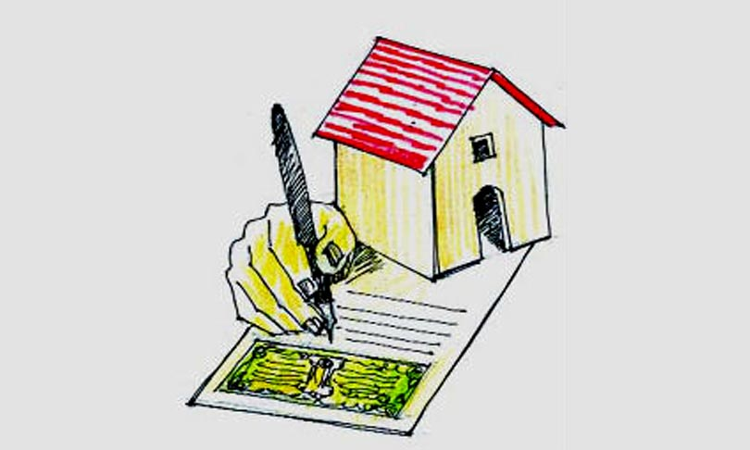Probate Shall Be Granted Only To An Executor Appointed By The Will: Gujarat High Court
LIVELAW NEWS NETWORK
28 March 2022 3:01 PM IST

Next Story
28 March 2022 3:01 PM IST
The Bench comprising Justice Ashokkumar Joshi of the Gujarat High Court has been hearing an Article 227 petition challenging the order of the Trial Judge pertaining to an application under Order 6 Rule 17 of CPC. The brief facts of the case were that the deceased mother of the Petitioners/Appellants was the owner of certain movable and immovable properties and had executed a will in 2013...
